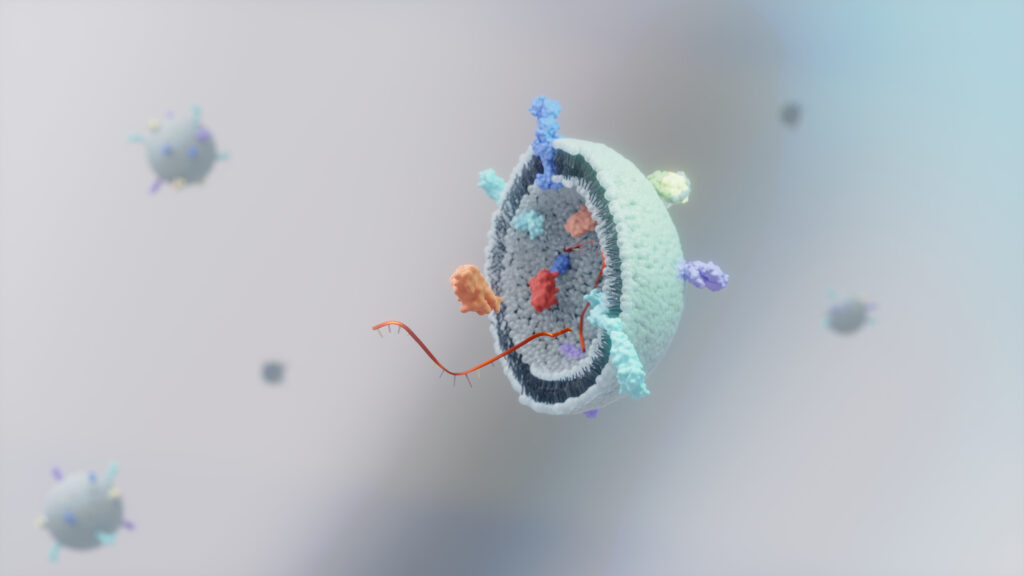Colorectal cancer (CRC) is a prevalent form of carcinoma that poses significant mortality risks worldwide. Among the various factors that contribute to poor treatment outcomes and diminished survival rates for CRC patients, metastasis stands out as a primary concern. The complex molecular mechanisms involved in metastasis play a crucial role in the mortality observed in individuals diagnosed with CRC.
Recent research has highlighted the vital role of exosomes—extracellular vesicles (EVs)—in intercellular communication. These vesicles serve as essential pathways for information exchange between cells and originate from various cellular sources. Within the context of CRC, exosomes significantly impact disease progression by fostering a microenvironment that supports tumor growth and metastasis. They carry a diverse array of bioactive molecules, including messenger RNAs (mRNAs), non-coding RNAs (ncRNAs), proteins, lipids, and transcription factors.
Notably, ncRNAs such as microRNAs (miRNAs), long non-coding RNAs (lncRNAs), and circular RNAs (circRNAs) are prominently featured within exosomes. These ncRNAs have been shown to regulate critical molecules and signaling pathways associated with tumor metastasis, playing a pivotal role in tumorigenesis. Their presence in exosomes indicates a substantial potential to influence key aspects of tumor progression, including cellular proliferation, metastatic capability, and resistance to therapeutic interventions.
The research conducted by Omid Rahbar Farzam, Sahand Eslami, Ali Jafarizadeh, Sania Ghobadi Alamdari, Reza Dabbaghipour, Shima Alizadeh Nobari, and Behzad Baradaran aims to categorize exosomal ncRNAs and explore their functions in colorectal cancer. This study also investigates the clinical applicability of novel biomarkers and therapeutic strategies that may arise from understanding the role of exosomal ncRNAs in CRC.
Understanding the intricate roles of exosomal ncRNAs in CRC not only enhances our knowledge of the disease’s biology but also opens new avenues for the development of targeted treatments and diagnostic tools. By harnessing the potential of these ncRNAs, researchers hope to improve patient outcomes and reduce the mortality associated with colorectal cancer, ultimately leading to more effective management strategies for this challenging disease.


